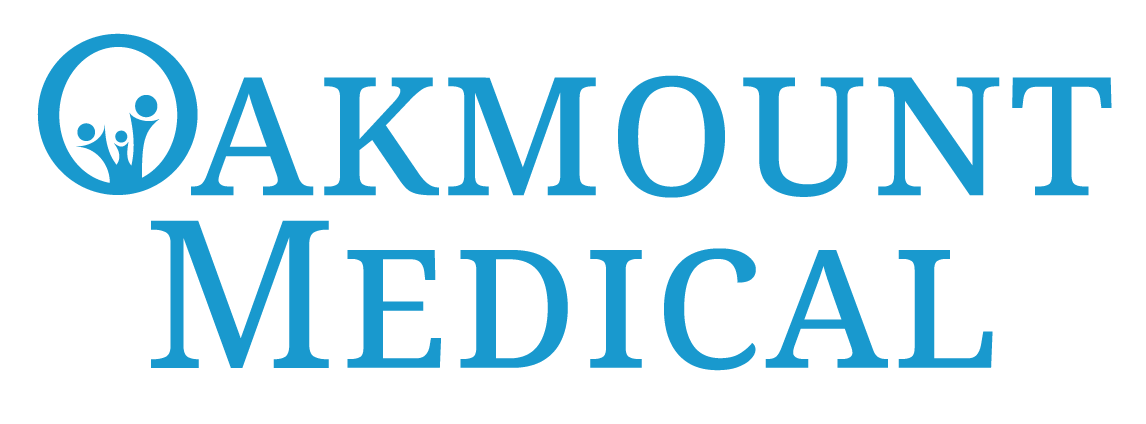High Potassium (hyperkalemia)
Background Information
Having hyperkalemia (high blood potassium levels) can cause fatal arrhythmias or your heart to stop. You cannot “feel” a high blood potassium level.
- Certain medications can raise blood potassium levels including certain blood pressure medications, anti-inflammatories (e.g. ibuprofen, naproxen). Note: Do NOT stop any prescribed medications without informing your health care provider
- Ensure that you are not dehydrated, especially if you have kidney disease
Cut back on high potassium foods. Examples of common high potassium foods include:
- dried fruits (figs, dates, prunes)
- limabeans
- nuts
- avocados
- bran cereals
- vegetables: spinach, tomatoes, broccoli, carrots, beets, potatoes, cauliflower
- Fruits: bananas, cantaloupe, kiwis, oranges, mangoes
- Meats: ground beef, steak, pork, veal, lamb
- Note: you do not need to eliminate all of these foods. Usually a reduction will do.
- Sometimes if your blood potassium is dangerously high, you may be asked to go to the hospital ER to quickly bring your potassium levels down using intravenous medications
